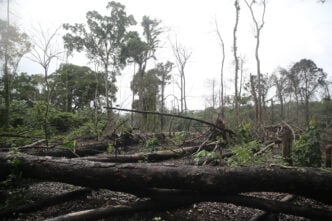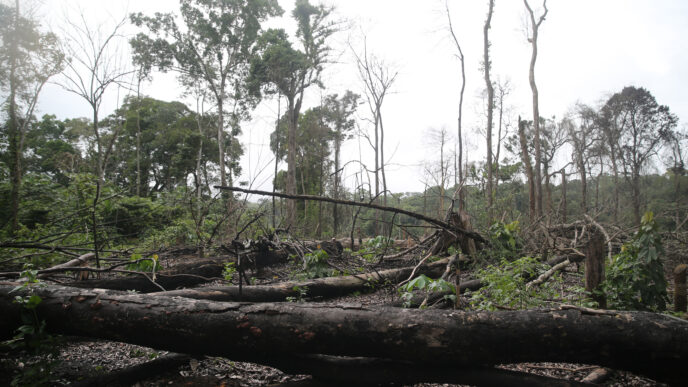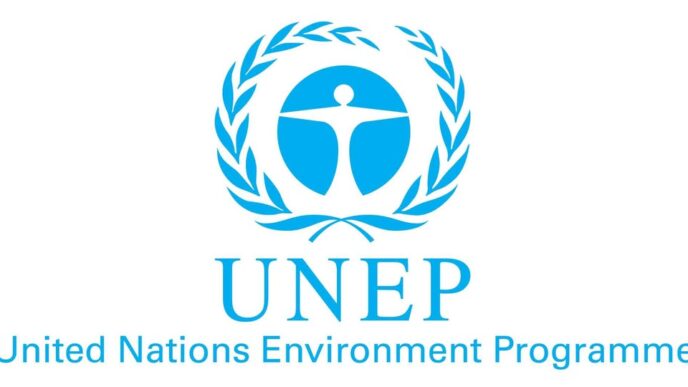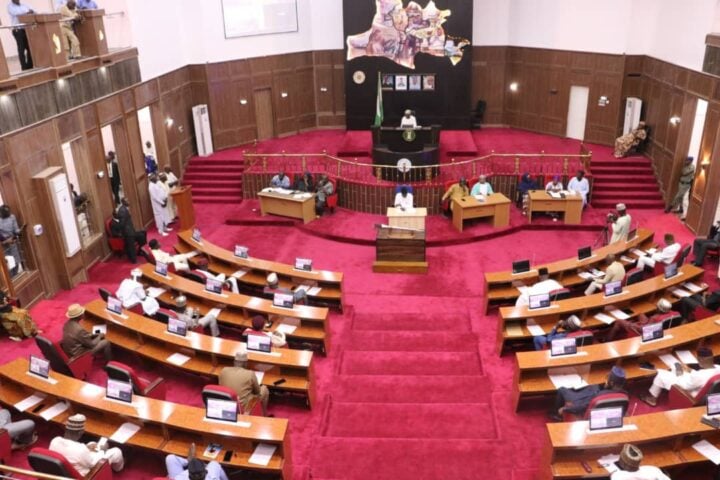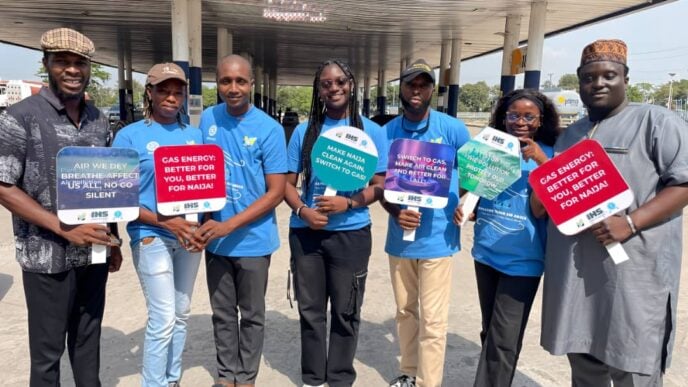A new United Nations report projects global emissions could drop 10 percent by 2035 — but warns action is still too slow to meet the 1.5°C goal.
The finding is contained in the 2025 nationally determined contributions (NDC) synthesis report, released on Tuesday by the UN Framework Convention on Climate Change (UNFCCC), ahead of the COP30 summit in Brazil.
The analysis draws from 64 new or updated NDCs submitted between January 2024 and September 2025, representing about 30 percent of global emissions in 2019.
While the UN described the new pledges as “a sign of real and increasing progress”, it warned that “major acceleration is still needed” to meet the Paris Agreement’s temperature goals affirmed by countries.
Advertisement
“Parties are bending their combined emission curve further downward, but still not quickly enough,” the report reads.
If fully implemented, the new NDCs would reduce total emissions from reporting countries to about 13 gigatonnes of CO₂ equivalent (GtCO₂e) by 2035 — a 6 percent drop from previous projections and about 17 percent below 2019 levels.
The report added that with all conditional pledges fulfilled, the decline could reach 19–24 percent.
Advertisement
The analysis also projects that emissions from this group of countries will peak before 2030, followed by “strong reductions thereafter”, in line with long-term net-zero targets between 2040 and 2060.
‘BROADER AND MORE INCLUSIVE PLANS’
Beyond emission cuts, the UNFCCC said the NDCs showed stronger and more economy-wide climate commitments.
It found that 89 percent of countries now have economy-wide targets, up from 81 percent in previous NDCs, while 73 percent included adaptation plans covering food security, health, and disaster risk management.
Advertisement
The report said more countries are integrating just transition, gender equality, and youth inclusion into their national plans.
About 70 percent addressed just transition, 89 percent referenced gender, and 88 percent included children and youth in climate strategies.
Nearly 78 percent of NDCs referenced ocean-based climate action, with most linking their plans to long-term net-zero goals.
FINANCE AND COOPERATION REMAIN CRITICAL
Advertisement
The UNFCCC said implementing these targets depend heavily on finance and international cooperation.
Countries that reported financial needs estimated the total cost of implementing their new pledges at nearly $2 trillion, including about $1.3 trillion for mitigation and $560 billion for adaptation.
Advertisement
“Implementation of the new NDCs necessitates strong, ongoing international cooperation and innovative approaches to unlock finance for developing countries at scale,” the report said.
Reacting to the report, Simon Stiell, UNFCCC executive secretary, said it signals a new era of ambition, but warned that the world is still not moving fast enough.
Advertisement
“Humanity is now clearly bending the emissions curve downwards for the first time, although still not nearly fast enough,” Stiell said.
“We are still in the race, but to ensure a livable planet for all eight billion people today, we must urgently pick up the pace — at COP30 and every year thereafter.”
Advertisement
Climate policy experts and clean energy advocates said the findings show that the Paris Agreement is driving progress but that stronger action is urgently needed.
Laurence Tubiana, CEO of the European Climate Foundation, said citizens and businesses are leading where governments lag.
“Even as certain governments resist progress or fall behind, citizens and businesses continue to push the real economy toward a sustainable, greener future,” she said.
Bruce Douglas, CEO of the Global Renewables Alliance, said renewables are central to closing the gap.
“The Paris Agreement is working, but we are still off course,” he said.
“The renewables industry is ready to invest at scale. We need faster permitting, grid investment, and finance that flows where it’s needed most.”
An analysis from the Energy & Climate Intelligence Unit (ECIU) shows that the clean energy transition is moving far faster than expected, with renewables, electric vehicles and investment all surpassing 2015 projections.
Julia Skorupska, head of the Powering Past Coal Alliance Secretariat, said COP30 should be the moment countries present concrete plans to phase out coal.
Skorupska added that clean energy has become the cheapest, most reliable path to economic growth and energy security.
Despite growing ambition, the UNFCCC warned that the world remains off track to meet the Paris temperature goals — and that faster, fairer action is needed to ensure “the vast benefits of strong climate action reach all countries and peoples”.
With less than two weeks to COP30, the report will serve as a key benchmark for assessing global progress and rallying countries to strengthen their climate commitments.

